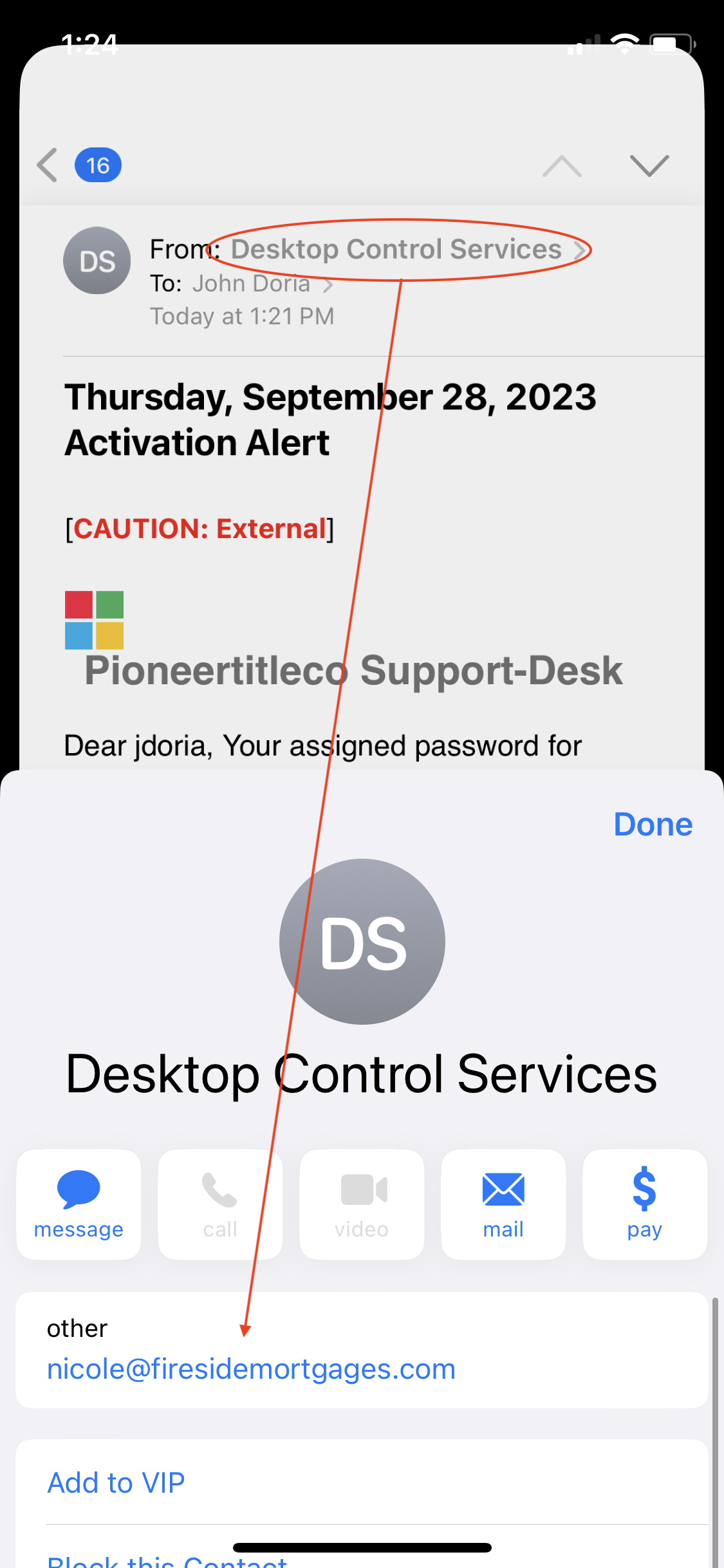Cybersecurity Awareness Month, observed every October, is a global initiative aimed at raising awareness about the importance of cybersecurity in our increasingly digital world. During this month, individuals, businesses, and organizations are encouraged to take proactive steps to protect themselves online. In an age where our personal and professional lives are heavily intertwined with technology, it is crucial for everyone to prioritize cybersecurity. This involves practices like regularly updating passwords, using strong authentication methods, being cautious about phishing attempts, keeping software and devices up-to-date, and educating oneself about potential online threats.
By fostering a culture of cybersecurity awareness, we can collectively enhance our digital resilience and safeguard our valuable information and online identities.
In this article, we will look at spotting phishing emails which is a common scam amongst the real estate community.
Phishing emails are the number one way cybercriminals are attacking us all. This means you must be careful when opening and responding to emails. Fortunately, identifying a phishing email isn’t hard, here are some warning signs to look for…
Look at the address the email came from – Always look past the friendly name displayed in the from field to see the actual email address the message came from. On mobile devices, this may require you to touch or click the name in the from field. If the email lists “Joe Lender” as the friendly name but the actual from email address is Bob@UsedCarsRUs.com, that is a red flag.
Check any links before you click – If there is a link or URL in the message, be sure to hover your cursor over the link. A window should appear and show you the web address the link is really going to. On mobile devices, touch and hold to display the real address. An email that looks like it is from FedEx but the link in the email goes somewhere else is a red flag.
Urgency or emotional content – If the message requires immediate action or provokes an emotional response, be careful. Email messages indicating a bill is past-due, services will be canceled, or your quick response is required to address fraudulent charges could be a red flag.
Phishing emails are a constant threat but the good news is that you can protect yourself by following some simple steps. The items listed above are a few red flags to watch for. For more information, this Microsoft article on how to Protect yourself from phishing is a great resource. ###


